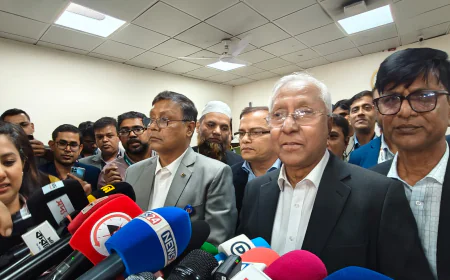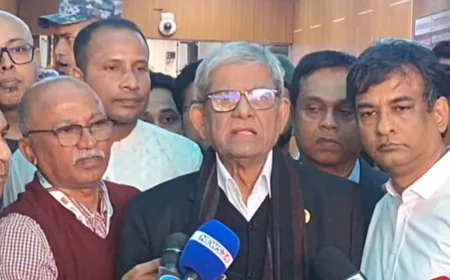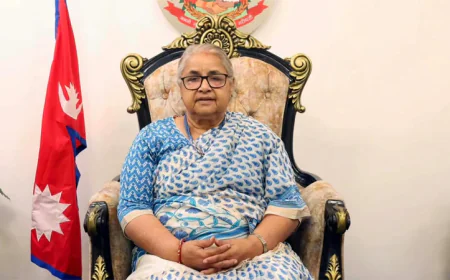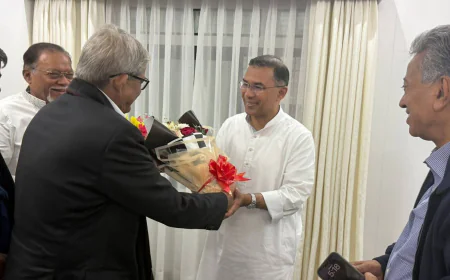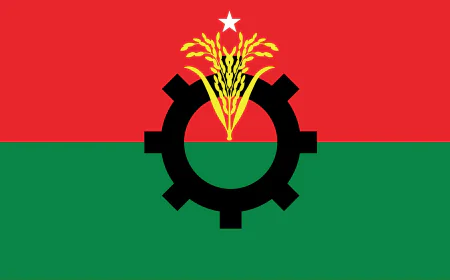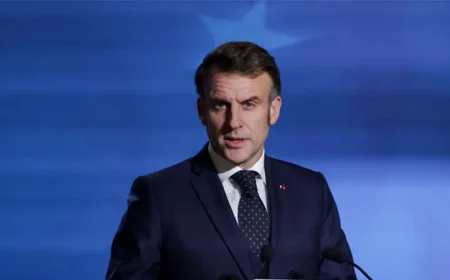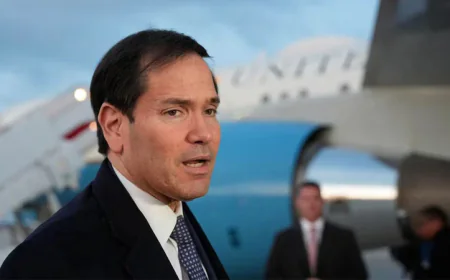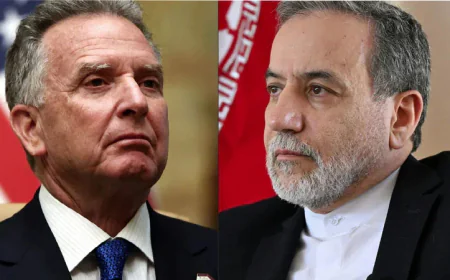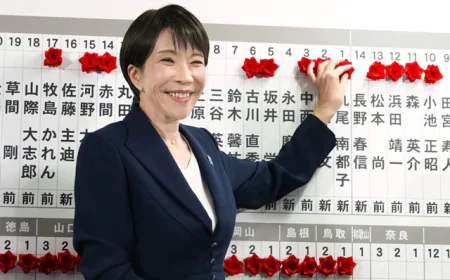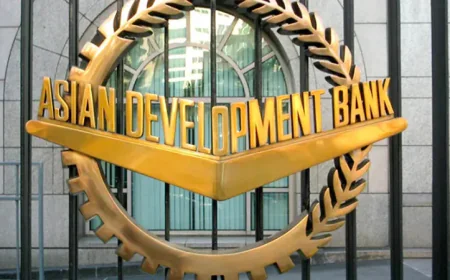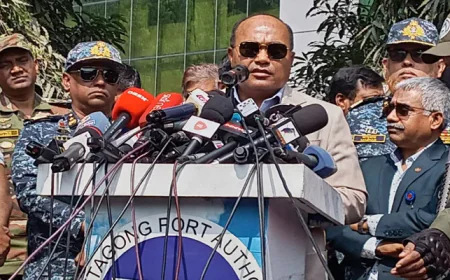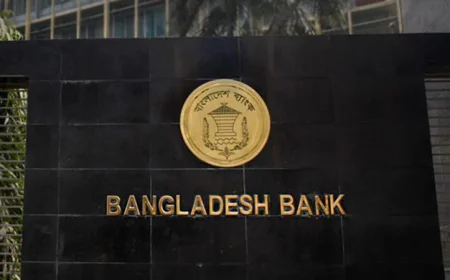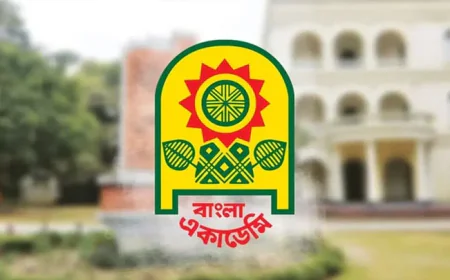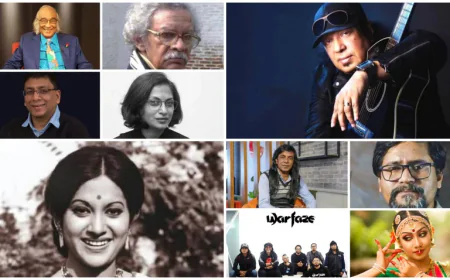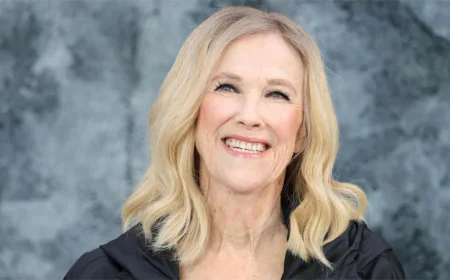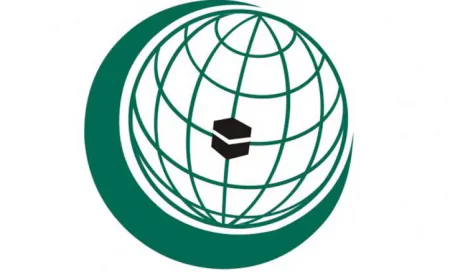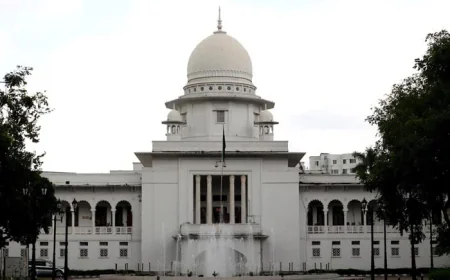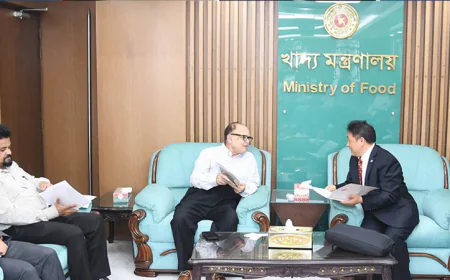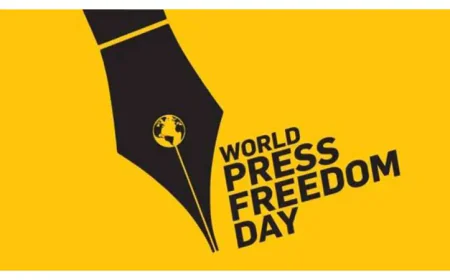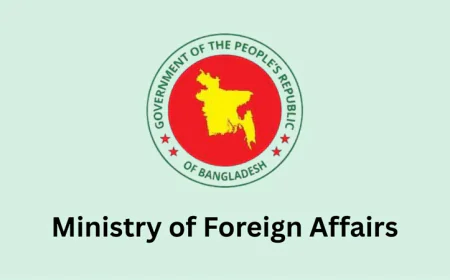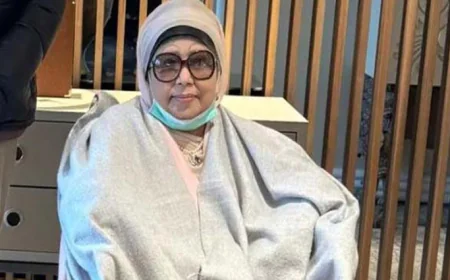Barrister Abdur Razzaq passes away
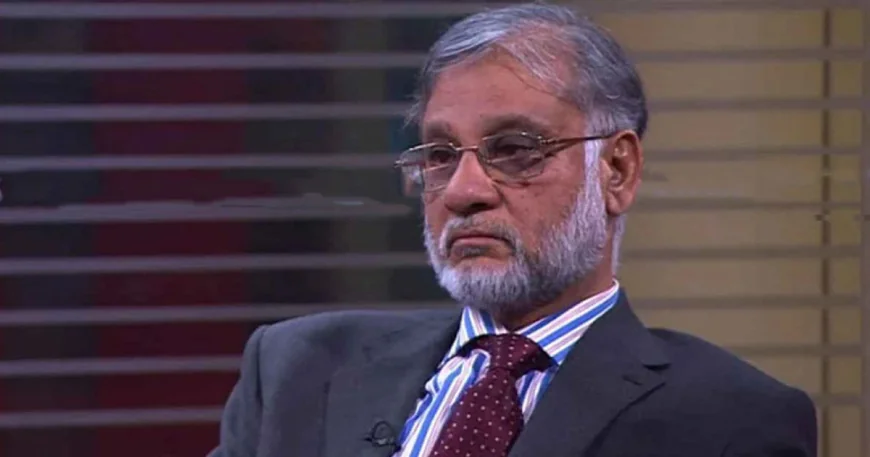
Senior lawyer and politician Barrister Abdur Razzaq has passed away on Sunday afternoon.
He had been undergoing treatment for cancer for a long time.
He was on life support at Ibn Sina Hospital in the capital.
He died there at 4:10 pm Sunday, another senior lawyer of the Supreme Court, Advocate Shishir Manir, confirmed to Jago News.
Shishir Manir also said Razzaq’s first funeral prayers will be held at Taqwa Mosque in Dhanmondi at 8:30pm Sunday and the second funeral prayer will be held at Bangladesh Supreme Court premises at 11:00am Monday.
His exit left an indelible legacy in constitutional, commercial, and international criminal law.
Born in 1948, Razzaq’s career spanned over four decades, marked by advocacy, intellectual rigor, and a commitment to human rights and public law.
His contributions reshaped Bangladesh’s legal landscape and earned him global respect as a barrister of Lincoln’s Inn and Senior Advocate of the Supreme Court of Bangladesh.
He was also active in political arena became Assistant Secretary General of Bangladesh Jamaat-e-Islami and he resigned from the position on February 15, 2019.
As Assistant Secretary General of Jamaat-e-Islami, he pushed for accountability for the party’s 1971 role and structural reforms, resigning when his calls went unheeded. His departure sparked political debate and inspired the formation of the Amar Bangladesh Party, where he briefly served as Chief Adviser.
Educated with a BA (Hons) and MA, Razzaq was called to the Bar by Lincoln’s Inn in 1980. He honed his skills under luminaries like Sir Michael Havers, Q.C., and Lord Peter Rawlinson, QC, in London, practicing in England’s superior courts from 1982 to 1985.
Returning to Bangladesh in 1986, he enrolled as an Advocate, rising to Senior Advocate in 2002. His practice, based at The Law Counsel in Dhaka and later Legis Chambers in London, covered constitutional, commercial, labour, telecommunications, and Sharia banking law. Chambers Asia (2016) lauded him as a “highly regarded and established practitioner” with “deep understanding of public law.”
Razzaq’s constitutional law practice was transformative. He successfully challenged repressive laws, including the Public Safety Act (Afzalul Abedin vs Government of Bangladesh, 8 BLC 601) and the Contempt of Courts Ordinance (M. Shamsul Huq vs Bangladesh, 15 BLC 236), both struck down by the Supreme Court. His landmark cases, such as the Ekushey Television Case (54 DLR (AD) 130), exposed corruption in telecommunications licensing, while his defence of citizenship rights (Ghulam Azam vs Bangladesh, 46 DLR (AD) 192) and freedom of movement (Delwar Hossain Sayedee vs Bangladesh, 16 BLC (AD) 1) set enduring precedents. Razzaq also played a pivotal role in defending the 13th Amendment, introducing Bangladesh’s Caretaker Government system (M Saleem Ullah vs Bangladesh, 57 DLR 171).
In commercial law, Razzaq’s expertise in Sharia-compliant banking was ground-breaking. He represented Islami Bank Bangladesh Ltd. in a case recognizing Sharia financing (Alco Hygienic Products vs Islami Bank, 47 DLR 264) and advised major banks on tax exemptions and conversions to Islamic banking. His work with the National Board of Revenue and international clients, including Korean Exchange Bank (Korean Exchange Bank vs Gemini Garments, 56 DLR 392), showcased his mastery of complex trade disputes.
As Chief Defence Counsel at Bangladesh’s International Crimes Tribunal (2011–2013), Razzaq shaped international criminal law jurisprudence, representing figures like Abdul Quader Mollah (Abdul Quader Mollah vs Chief Prosecutor, 66 DLR (AD) 289). Geoffrey Robertson QC praised his “capable and courageous” defence.
Razzaq also advised telecom giants like Dhabi Group and VimpelCom, and led anti-corruption efforts as Senior Partner of The Law Counsel, a TRACE Partner Firm.
Beyond the courtroom, Razzaq was a prolific scholar, authoring works like The Tribunals in Bangladesh (Cambridge University Press, 2015) and presenting globally on democracy, human rights, and Islamic law. As Chairman of the Institute of Research and Development and Secretary General of the Centre for Human Rights in Dhaka, he championed social justice.
